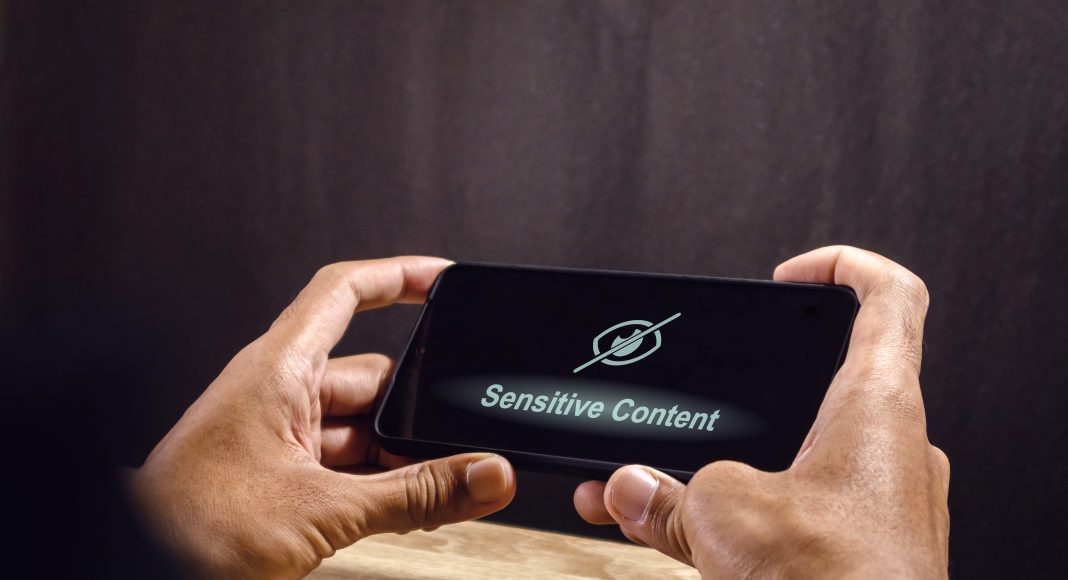Internet access is now a universal experience for young people, exposing them to both its benefits and dangers. On one hand, children have access to genuinely harmful content: pornography, racist and misogynistic rhetoric, conspiracy theories and so on. On the other hand, as the capitalist crisis deepens, social media has become a crucial conduit for this generation to access non-mainstream, socialist, and anti-capitalist ideas, which threatens the political establishment. The British government’s Online Safety Act (OSA), marketed as a measure to protect children, is, in reality, a tool for the British ruling class to reassert control, counter US tech monopolies, and suppress dissent under the guise of safety. The Act is the beginning of a slippery slope of new laws designed to control online access and behaviour.
The mechanics of control
The OSA defines three legal content categories of any service accessible in the UK, which now must enforce age protection checks on entry and other measures. The categories briefly encompass: illegal content, content harmful to children, and content harmful to adults. Different categories are specified, for example pornographic content, content which provides instructions for suicide, is racist/sexist/incites hatred, depicts serious violence or encourages stunts which may result in serious injury. Companies must act if their content falls into these categories and implement measures such as, enforce ‘robust’ age checks (eg users must upload an ID), implement ‘safer algorithms’ (eg further controls on feeds), and apply ‘effective moderation (delete or report content). Failure to implement these new rules could see companies facing fines up to 10% of global revenue or the courts blocking their services, with Ofcom acting as the main enforcer.
Safety and wellbeing?
The government ‘concern’ for young people is hypocritical. The OSA may prevent some young people from accessing harmful content, but the government causes far more significant harm to young people from vanishing youth services, de-funded schools, unaffordable universities, child poverty and of course supporting Israel which has murdered over 19,000 children.
The true motive of the OSA is political. The state does not want to fund and help young people, it wants to control what they see and understand about capitalism. Social media has broken the monopoly of traditional media corporations like the BBC and Sky News, allowing information to flow directly from sources, such as users in Gaza, to a global audience. Social media companies have tried to control radical media reporting about Gaza, or ban channels like Africa Stream which was taken offline in July. But left-wing and anti-imperialist journalists persist and publish the truth, no thanks to the mainstream media which helps hide war crimes.
The chilling effect
The Act includes the worryingly broad offence, Section 179 False communications offence: ‘a person commits an offence if… a person sends a message… The person knows to be false… to cause non-trivial psychological or physical harm’. Sentence: up to six months or a fine or both. The Act pushes boundaries to control ‘misinformation’ on social media posts, yet the Act specifies that licensed journalists (mainstream media), are exempt from this law.
The companies in control of ID verification for the OSA, are themselves a major security concern. Firms such as AU10TIX (set up by former Israeli intelligence officers), or Persona (funded by Peter Thiel, who has strong ties to Trump, surveillance and immigration enforcement) collect face scans, ID documents, and banking information, and are largely unregulated and based outside the UK. This opens up users to further data breaches, an issue demonstrated by the recent hack of the ‘Tea’ app (a women-focused dating platform), where 72,000 images (including verification IDs) were leaked.
Ask yourself who would jeopardise their anonymity to the state and submit ID to view content about state repression? Or to learn about private issues like their sexuality? Already the OSA has prevented users visiting forums on Reddit such as the pro-Palestine ‘r/IsraelExposed’ and even ‘r/SafeSexPH’ (promotes safe sex practices). A video of police violence in Leeds posted on X was blocked. In August, Wikipedia lost its court case against the OSA. It could potentially be placed under ‘Category 1’ rules, meaning contributors would have to verify their identity and lose anonymity. Some forum websites report they will be forced to close, because they cannot afford to implement the age verification systems. The result is an internet increasingly dominated by corporate and government-sanctioned information, while independent publishing is restricted.
US tech monopolies and European backlash
This new push for control is not exclusive to Britain and reflects deepening inter-imperialist rivalries. The Big Tech companies, mostly based in the US and China, do not match the needs of the EU and British ruling class. The unpredictable Trump government and US trade war has introduced instability and concern. Large US tech firms (Google, Microsoft, Meta, etc), control a majority of internet infrastructure, cloud hosting and software, and profit massively from it. In May 2025, more than 200 European companies penned a letter demanding the European Commission take action against Europe becoming a ‘digital colony’. The EU is re-considering anti-encryption ‘Chat Control’ legislation that would mandate scanning technologies on devices to examine messages before encryption.
Slippery slope
The Online Safety Act is a decisive end to the myth of a free and open internet. While users currently find workarounds like VPNs and AI-generated fake IDs, the state will continue to tighten its grip. The OSA is designed to increase censorship online in the name of ‘protecting children’. However the Labour Party in government increasingly harms children in Britain through cruel austerity measures and poverty, and supports Israel as it obliterates dozens, if not hundreds, of children daily. The working class must fight for an internet that is a space for free and open political exchange.
Anthony Rupert




